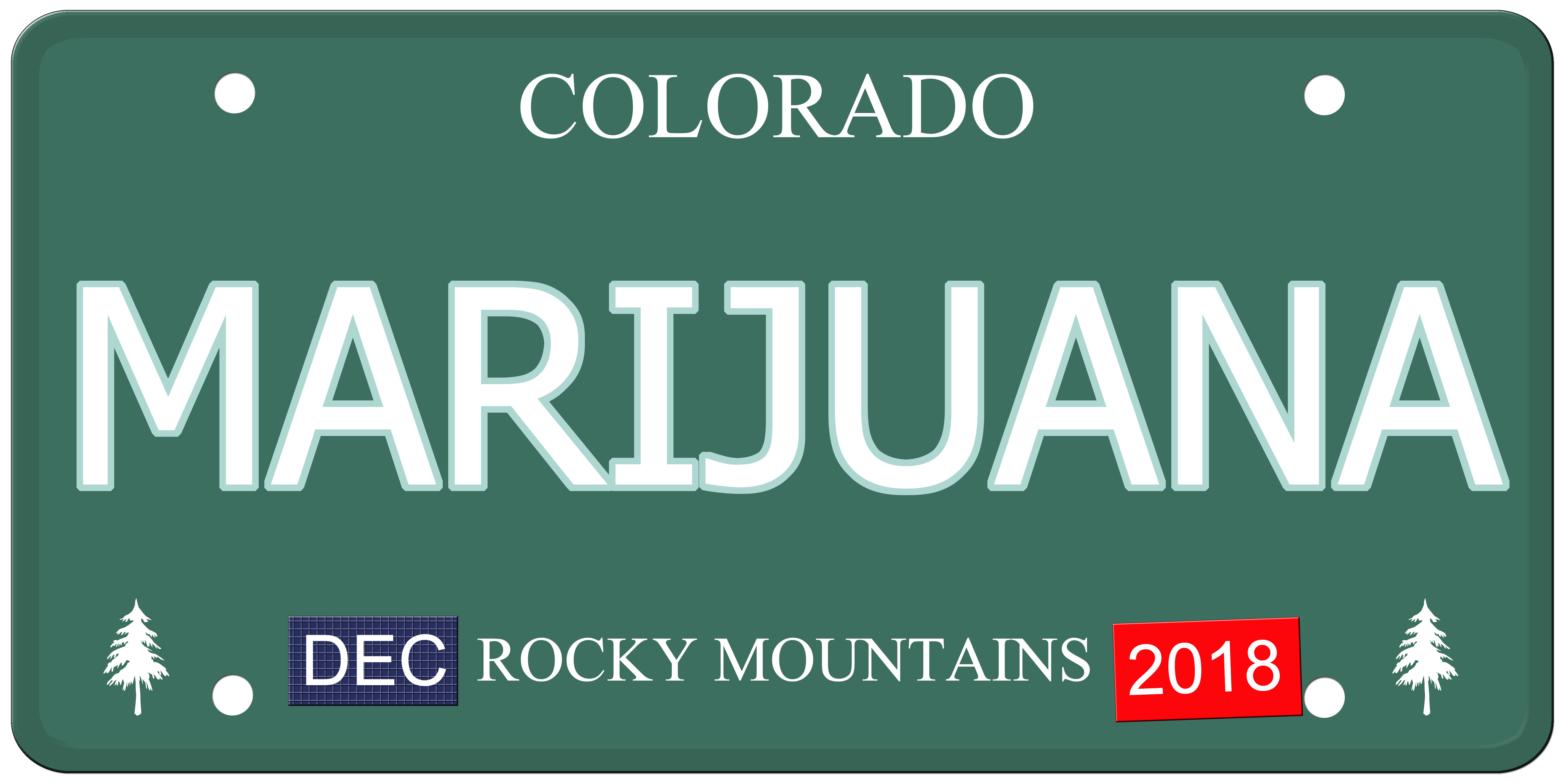
Here are a few articles on the status of legalized marijuana in Colorado. Remember I’m following this issue to see what impact heavy-handed regulation has on a newly legalized industry. Two recent articles and an older one I just found.
8/11 – AP at Bismarck Tribune – Colorado may ban ‘candy’ name on marijuana treats – The state government has proposals out that would require better disclosure that an edible product contains THC. A red stop sign with the letters THC would be required on the label. Candy type items won’t be labeled as candy. Liquids would only be produced in single serving containers.
6/6 – Newsweek – The Unexpected Side Effects of Legalizing Weed – Article labels as unexpected a number of side effects from legalizing recreational use of marijuana in Colorado.
Article says the number of licenses issued by the state is 600 for medical growers and 400 for recreational growers.
One issue overlooked in the law and regulations is appropriate use of pesticides. Various pests, molds, and fungi are possible with marijuana crops. As a city boy, that is news to me, but I suppose that is to be expected – lots of things in nature can damage what crops you try to raise.
Since marijuana use is illegal at the federal level, there are no pesticides labeled for use on marijuana. That means each grower has to sort things out.
Other players in the agricultural community are concerned about pesticides or pests that could migrate to their crops. Their very legitimate concern is that if an unapproved pesticide gets into their legal crop, the harvest is contaminated and unsellable.
Some of the side effects that are emerging, as cited but not quantified in the article:
- an increase in driving while stoned arrests
- increased use among teenagers
- more problems in middle school and high school classrooms
- increase in teens being expelled from school over drug issues
- jump in emergency room visits from consuming too much of the “edible” products
- illness in children and pets after consuming edibles
Article mentions but does not develop a concern that the number of people in jail over minor drug offenses is not going down.
9/2 – New York Times – Advocates in Denver, Home to Legal Marijuana, Seek Legal Place to Smoke – While possession and recreational use of marijuana is legal in Colorado at the state level, there is a ban on public consumption. That includes bars, restaurants, parks, and even private clubs. The so-called ‘pot tourists’ have no place to legally consume their stuff. Taking it back home is obviously illegal.
As an irony on the legalization-will-reduce-police-effort-against-drugs concept, article says the local police raided two private clubs that allowed consumption and gave a citation to everyone present. Another high-end hotel was giving free samples to customers and got cited by an undercover police officer.
Next step for recreational use is to push for places to consume in public. Businesses see huge legal risks. Some people who favored legalization see this as an unraveling of the consensus that allowed legalization.
This next article doesn’t exactly fit my interest in the issue of whether regulation crushes the freshly blooming industry (sorry!), but it is a tangent.
Caroline Preston reports on September 7: Parents face child abuse investigations over pot use. People pushing legalization of marijuana are making progress in several states in terms of getting to the place where police don’t arrest people for sales or possession of marijuana.
The challenge is that most other areas of society have not caught up with that change in attitude. State level decriminalization only gets so far.
There is still a federal ban on use, possession, cultivation, or sale.
That carries over to the regulated banking system. That means businesses in the recreational marijuana market can’t access banks for anything. Any currency going into a bank for any reason, even getting a cashier’s check, would be considered money laundering.
Employment law hasn’t caught up with how to allow people to have residual marijuana in their bloodstream during work hours.
It is my vague impression that anyone can get a medical marijuana card in California merely by saying they have an unverifible pain somewhere. We as a society don’t know to distinguish someone with real pain from someone who just wants to get high without getting busted.
Ms. Preston points out that Child Protective Service agencies haven’t caught up with the changing mores. If CPS staff are present in a home with marijuana butts in ashtrays and a couple of (state-legal) pot plants then they have to treat presence of drugs as a risk to children. Thus, poor parents get swept into expensive custody fights in court.
Article provides several stories of people caught up in legal tangles because they are doing something that is legal under state law.
On one hand, it certainly makes sense that a bit of discretion would be warranted in some of the stories covered in the article. A sense of rough justice as defined by most people would suggest dropping most of these cases.
On the other hand, how many days would it take before CPS and many of its staff would be in court because the totality of circumstances in one case led the staff to leniency but the totality of circumstances in another case led them to remove a child from the home? There would be thousands of cases: “but you let that person off the hook, why not poor little ol’ me? Ohhhh, the pain in my back is sooooooo terrible!”
And just you wait for the first parent to go out-of-control on a kid when a CPS agent previously let an apparently minor incident slide. The agent and supervisor and entire agency would get ripped to shreds by the media.